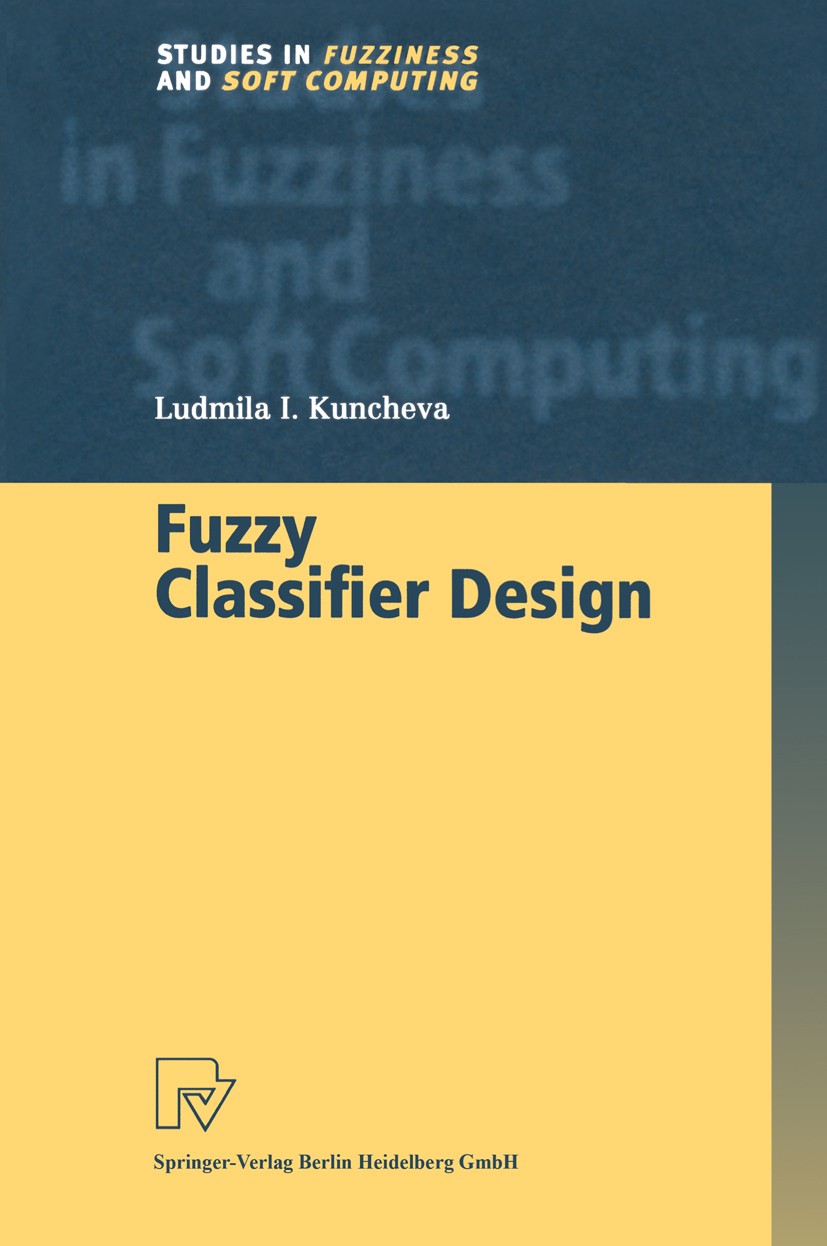| 書目名稱 | Fuzzy Classifier Design | | 編輯 | Ludmila I. Kuncheva | | 視頻video | http://file.papertrans.cn/352/351175/351175.mp4 | | 叢書名稱 | Studies in Fuzziness and Soft Computing | | 圖書封面 |  | | 描述 | Fuzzy sets were first proposed by Lotfi Zadeh in his seminal paper [366] in 1965, and ever since have been a center of many discussions, fervently admired and condemned. Both proponents and opponents consider the argu- ments pointless because none of them would step back from their territory. And stiH, discussions burst out from a single sparkle like a conference pa- per or a message on some fuzzy-mail newsgroup. Here is an excerpt from an e-mail messagepostedin1993tofuzzy-mail@vexpert. dbai. twvien. ac. at. by somebody who signed "Dave". , . . . Why then the "logic" in "fuzzy logic"? I don‘t think anyone has successfully used fuzzy sets for logical inference, nor do I think anyone wiH. In my admittedly neophyte opinion, "fuzzy logic" is a misnomer, an oxymoron. (1 would be delighted to be proven wrong on that. ) . . . I carne to the fuzzy literature with an open mind (and open wal- let), high hopes and keen interest. I am very much disiHusioned with "fuzzy" per se, but I did happen across some extremely interesting things along the way. " Dave, thanks for the nice quote! Enthusiastic on the surface, are not many of us suspicious deep down? In some books and journals the word fuzzy | | 出版日期 | Book 2000 | | 關(guān)鍵詞 | algorithms; classification; fuzzy logic; fuzzy set; pattern recognition; performance; set theory | | 版次 | 1 | | doi | https://doi.org/10.1007/978-3-7908-1850-5 | | isbn_softcover | 978-3-7908-2472-8 | | isbn_ebook | 978-3-7908-1850-5Series ISSN 1434-9922 Series E-ISSN 1860-0808 | | issn_series | 1434-9922 | | copyright | Springer-Verlag Berlin Heidelberg 2000 |
The information of publication is updating

|
|
 |Archiver|手機(jī)版|小黑屋|
派博傳思國際
( 京公網(wǎng)安備110108008328)
GMT+8, 2025-10-7 14:36
|Archiver|手機(jī)版|小黑屋|
派博傳思國際
( 京公網(wǎng)安備110108008328)
GMT+8, 2025-10-7 14:36


